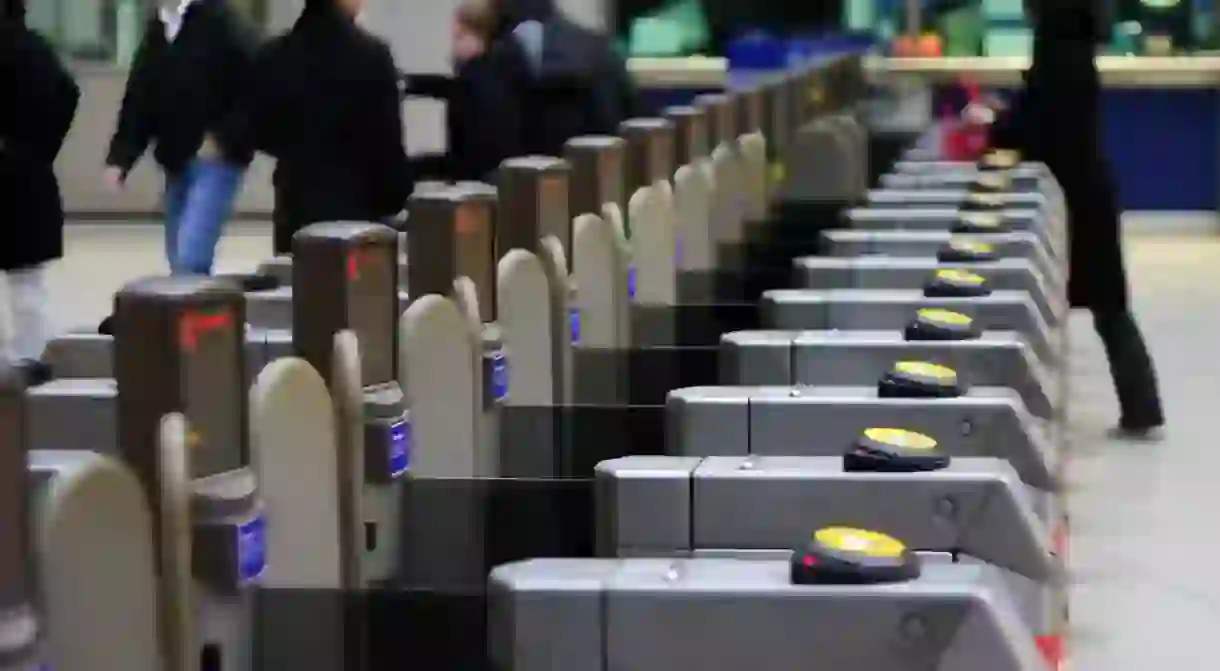Fingerprints and Eye Scans Could Replace Tickets for Train Travel

Commuters in the UK might soon be able to abandon their tickets and use smartphones, eye scans, and fingerprints to get on a train.
Rail companies in Britain have set out a blueprint to modernize the train system in the country, and are hoping technology can help address some of the major problems facing railway travel. A report by Rail Delivery Group, which represents British train operators, has outlined some of the tech they plan to use.
One of the major challenges facing major railways is congestion, and one way to ease those worries is by introduce simpler ways for passengers to access trains. Long queues can form behind ticket barriers, as people rummage through their pockets and bags. Train operators plan to introduce a system where smartphones could be used instead of a ticket, where a passenger would swipe their phone over the gate to the platform.
Beyond that, eye scanning and fingerprint reading solutions may be brought in to further reduce delays at ticket barriers. Eye scanners are already used in some airports, where they expedite the border control process for people with electronic passports. The systems are easy to use, you look directly into a screen, the machine scans your eye and verifies you are someone with a pre-paid ticket or an account that needs to be debited, and you walk through the gate.
“Our railway is increasingly full and while the industry is taking action to address the challenges of today, working together to deliver the £50bn plus Railway Upgrade Plan, we also need to be looking at the solutions of tomorrow. This blueprint sets out how we can harness digital technology to make journeys better for passengers and freight customers on a railway that’s simpler and easier to use,” Paul Plummer, the Chief Executive of the Rail Delivery Group said.













